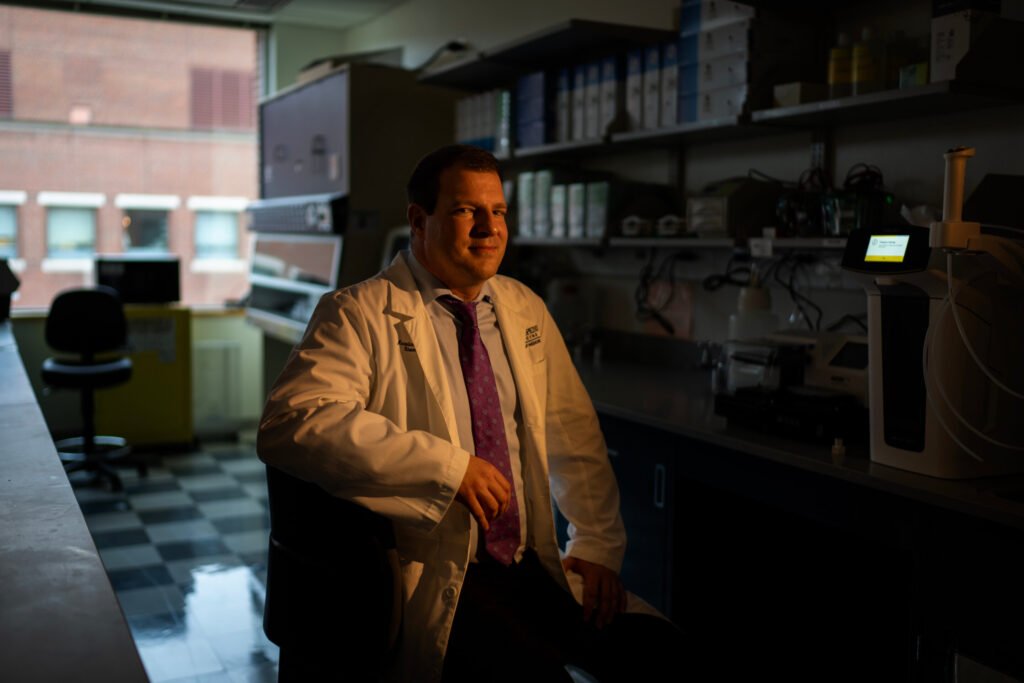Autoimmune diseases have long been a challenging area of medicine, with treatments often falling short in providing long-term relief for patients. However, there is hope on the horizon as researchers are exploring a revolutionary new approach to reprogram patients’ immune systems in order to better treat conditions like rheumatoid arthritis, multiple sclerosis, and lupus.
Dr. Maximilian Konig, a rheumatologist at Johns Hopkins University, is at the forefront of this research. He believes that this new approach offers the potential to control autoimmune diseases in a way that has never been seen before. Instead of just suppressing the immune system, researchers are now looking at ways to alter dysfunctional immune systems in a more potent and precise manner.
One of the groundbreaking treatments being explored is CAR-T therapy, originally developed for hard-to-treat blood cancers. This therapy involves reprogramming a patient’s T cells to target and destroy the B cells that are causing autoimmune issues. Early studies have shown promising results, with some patients experiencing remission from diseases like lupus and myositis.
Another approach involves using regulatory T cells, a subset of T cells that help regulate inflammation and prevent the immune system from attacking healthy tissue. By engineering these cells to calm autoimmune reactions, researchers hope to provide a more targeted and less grueling treatment option for patients.
Biomedical engineer Jordan Green is working on a method to reprogram the immune system using messenger RNA, the same genetic code used in COVID-19 vaccines. By delivering instructions to specific immune cells, Green’s team aims to restore balance to the immune system and reduce the harmful effects of autoimmune diseases.
In addition to these innovative treatments, researchers are also looking at ways to predict autoimmune diseases before symptoms appear. By identifying biomarkers and immune changes early on, they hope to develop interventions that can delay or even prevent the onset of conditions like rheumatoid arthritis.
While there is still much research to be done and no guarantees of success, the progress being made in the field of autoimmune disease treatment is truly remarkable. Patients like Allie Rubin, who have experienced significant improvements in their health, are giving researchers hope for a future where autoimmune diseases can be effectively controlled or even cured.
As Dr. Konig aptly puts it, “I think the next 10 years will dramatically change our field forever.” With ongoing research and advancements in treatment options, the outlook for patients with autoimmune diseases is brighter than ever before.


